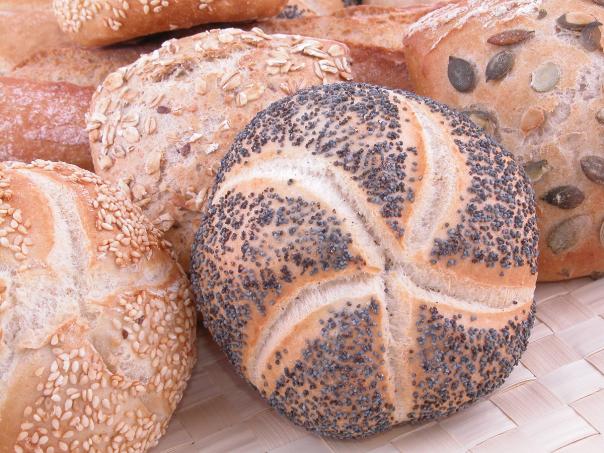
In essence, the rules of origin decides a product’s economic nationality (if it is deemed sufficiently ‘British’) top see if it qualifies therefore for a preferential tariff that has been agreed in a trade deal.
However, the report - commissioned by FDF and the National Association of British and Irish Flour Millers (NABIM) – claims that due to the international nature of food and drink manufacturing, “many UK producers have built supply chains within the EU’s single market, which may fail to comply with future origin requirements.”
To minimise disruption, the guide lists eight “practical” recommendations for both the UK and EU to continue “seamless” trade in food and drink.
While the UK government hopes to “negotiate an ambitious free trade agreement with the EU that delivers continued tariff-free trade in goods,” FDF and NABIM said “exporters would still need to comply with complex origin requirement, which poses a significant risk for UK firms exporting to the EU.”
This is because many food and drink products currently manufactured in the UK are a mix of domestic and international goods, which would not qualify for preferential tariffs under existing models.
FDF director general, Ian Wright, said: “Rules of origin are a big piece of the Brexit puzzle for the food and drink industry. If we fail to secure sufficiently generous rules as part of a preferential trade agreement with the EU, food and drink manufacturers will be the ones who suffer this hidden hard Brexit.
“They could be facing an increase in exporting costs or a complete ban of entry to the market. This report is essential reading for those who want to avoid both.”
Alex Waugh, director general of the NAMIB, added: “Flour millers in the UK source 80% of their wheat from the UK, but also use grain from Canada, the US and other European countries to make a range of flours with different baking qualities.
“If the rules of origin adopted in many of the EU's trade agreements were to apply in a trade deal between the EU and the UK, flour milled with even a small proportion of these grains, and many foodstuffs made from it, would no longer be considered ‘of UK origin’ and therefore subjected to very significant duties.
“This would add, for example, €0.10 to the cost of a loaf of bread in Ireland, which is mainly supplied with flour from the UK. Negotiating the right agreement is therefore crucial to the entire food supply chain, including consumers.”